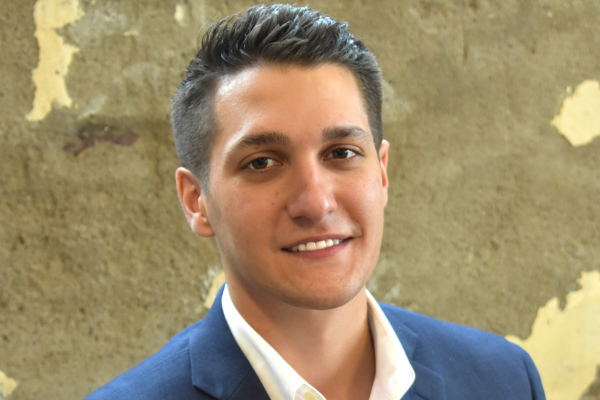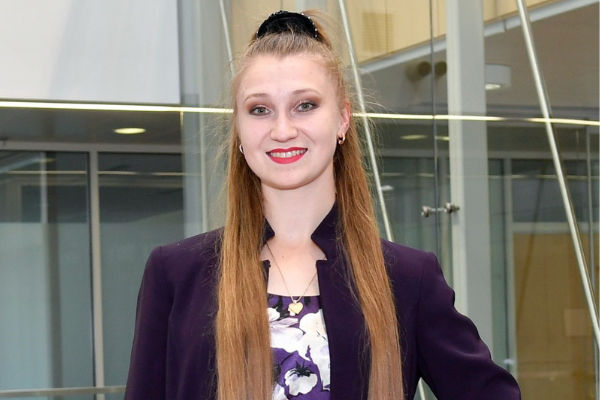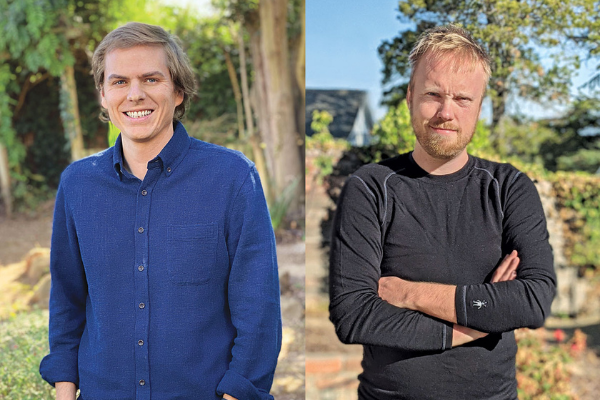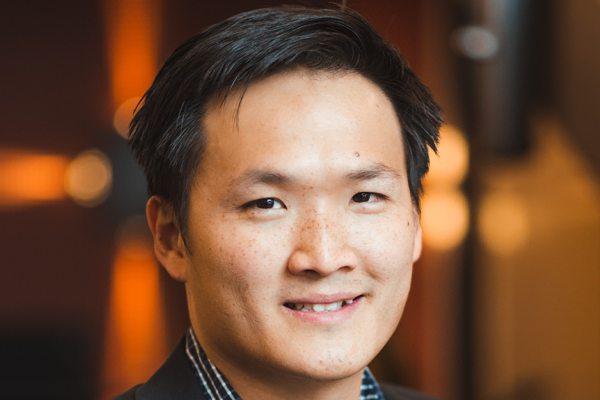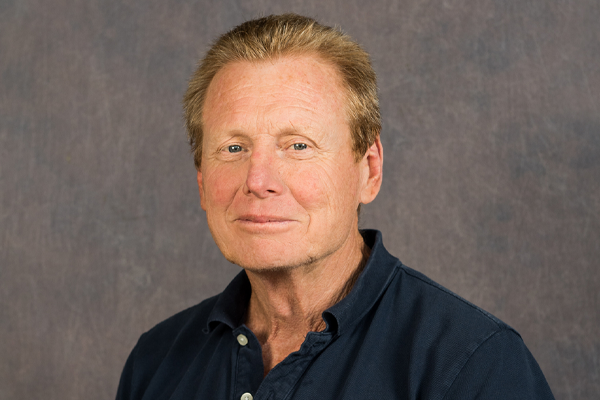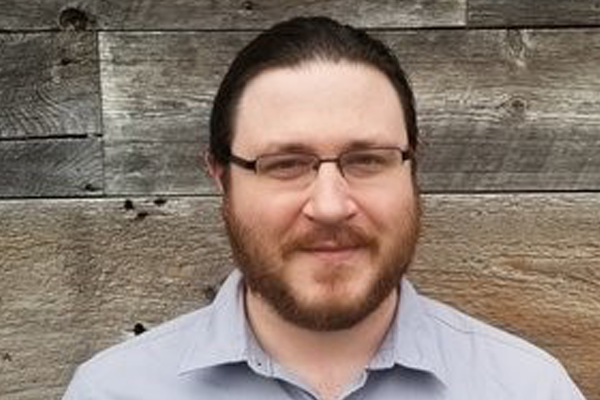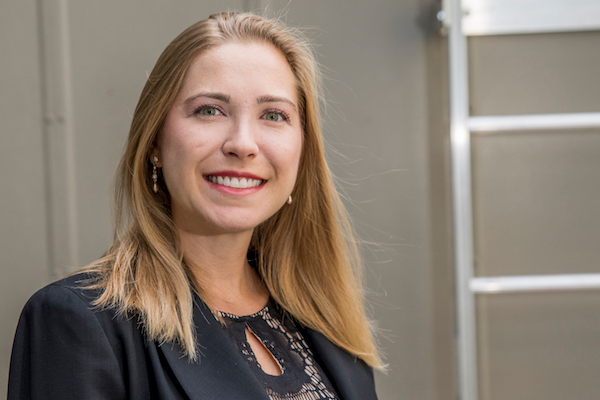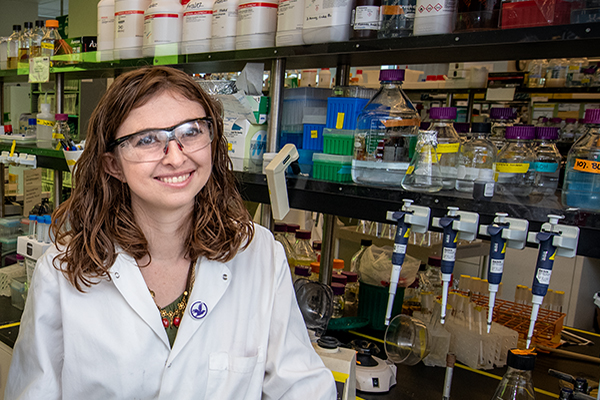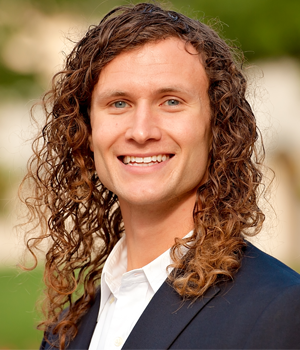
David is a research scientist, venture capitalist, and entrepreneur. David is currently an Investment Partner at Dorm Room Fund, a student-run venture capital firm backed by First Round Capital. David’s investments span all sectors, but he is particularly focused on investing in hardware and energy companies. David is also an Accel Innovation Scholar at Stanford, and was previously the President of the Stanford InSITE Fellowship, an organization that brings MBAs and engineers together to work with local startups and VCs.
He is currently a Chemical Engineering PhD Candidate at Stanford, where he researches the intersection of electrochemical energy storage and polymer science. Specifically, David aims to develop robust, flexible, and stretchable battery materials for applications in wearable electronics and soft robotics. David has published over 10 scientific papers, and his first-author research has been featured in over 50 international news outlets. He is supported by the NSF Graduate Research Fellowship and the Chevron Stanford Graduate Fellowship. Prior to graduate school, David received his B.S. in Mechanical Engineering and B.A in Chemistry from Virginia Tech.
For David Mackanic, energy is everything. It motivates him and drives him in everything from entrepreneurship to running ultra-marathons.
Mackanic, founder of Anthro Energy, began graduate school with one broad motivation—to create new technologies that could improve renewable energy storage.
Anthro Energy is an early-stage startup with a mission to create safe, flexible and high-performance batteries for wearable technologies. You might have seen an article floating around social media with the latest stretchable battery he and fellow Stanford researchers have been working on.
When Mackanic started graduate school, news reports increasingly focused on smartphones whose batteries were combusting. Companies had to recall certain smartphones to protect consumer safety.
Mackanic’s knowledge of the inner workings of a battery made it hard for him to believe that we continue to interact so intimately with batteries even though they are dangerous. The reports raised consumer awareness about something that had already begun to startle Mackanic in his research.
“I think people became much more aware of the fact that we not only need better batteries for renewable energy storage or electric vehicles,” Mackanic recalled, “we also need better batteries for humans to interact with. It’s because these things are inherently unsafe.”
During his graduate research, Mackanic developed novel materials that could be used to improve the energy density and safety of modern batteries, leading to better energy storage and potentially enabling the increased proliferation of renewable energy.
When Mackanic thought about what a perfect battery could be, he offered one disclaimer.
“There’s always a compromise to choose between these issues,” Mackanic said, “So when I’m making these conformal and flexible batteries, I’m not making them quite as energy-dense as, say, batteries in electric vehicles.”
There would be five aspects to engineering the ideal battery, according to Mackanic. It would be as energy-dense as possible, safe, low cost, sustainable and applicable to a variety of uses. Batteries are not easily recyclable at a high rate, but using sustainable or recyclable materials would either hinder the variety of applications they can be used for or drive the cost of batteries up.
“Right now, our battery is wearable, safe, and suitable for use in consumer electronics applications. Down the road, I will continue to develop new technologies to overcome traditional tradeoffs that are made by battery engineers to make safe batteries for all applications. I’ve got a long career ahead of me and I hope I can make an impact on a lot of these different aspects,” Mackanic said. “Currently, I am excited about what we are making at Anthro Energy and am enjoying using my technical knowledge to create real products.”
Mackanic’s graduate research and startup are just two examples of success fueled by his entrepreneurial spirit and passion for sharing knowledge. As a freshman at Virginia Tech, he volunteered with a student group to help build bridges in Haiti and Guatemala.
When the group discussed issues with the concrete used to make the bridges, Mackanic was the first to volunteer to engineer a solution. After some testing and manual labor, Mackanic’s group came up with a stronger concrete mixture that accounted for the fact that the materials were mixed in dirt, not a traditional cement mixer.
“That was the first time I had taken the initiative,” Mackanic said, “to start something from nothing and see how research results in real-life impact.”
Nowadays, Mackanic shares his excitement in taking learnings and know-how from idea to product with young entrepreneurs at Dorm Room Fund, an organization that invests in student entrepreneurs. Mackanic is a Partner at the organization. He said that while he helps the younger founders with their business models and pitch decks, he is impressed with the entrepreneurs from the get-go.
“I have as much to learn from them as they have to learn from me,” Mackanic says.
Mackanic explained that he and the other Partners at DRF look for specific characteristics in the company founders. They have to share a desire to continuously learn and grow, take initiative and they have to possess the “x-factor.” The “x-factor” refers to the quality that a founder or group has that makes them uniquely capable to implement the business model that they are working on —something that shows they have the unique capability and understanding of what they are working on.
“There’s a lot of times as an entrepreneur that doors aren’t going to be open for you,” Mackanic said, “you’re going to have to kick them down and so we like to see founders who have hustled to overcome challenges while running their companies.”
When he is not in the labs at Stanford or DRF, Mackanic enjoys spending time running on the Appalachian Trail in Southwest Virginia, skiing at Squaw Valley, or mountain biking his home trails in Raleigh, North Carolina.
This article has been edited for length and clarity. The opinions expressed in this article are the author's own and do not necessarily reflect the view of their employer or the American Chemical Society.
Copyright 2020 American Chemical Society (All Rights Reserved)

